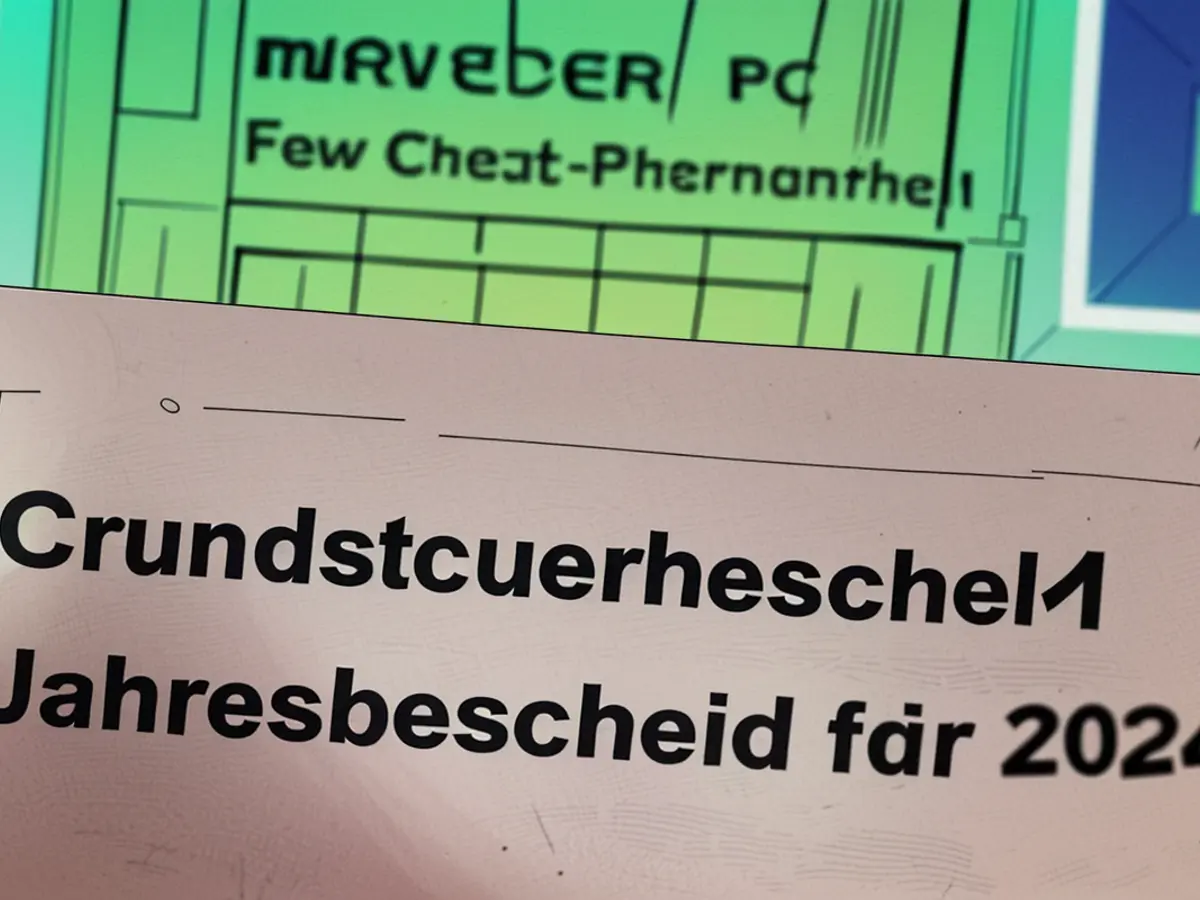- Perspective: Unfaltering Support for Distinctive Property Tax Assessments
The North Rhine-Westphalia Finance Ministry believes there's no constitutional challenge if municipalities establish varying tax rates for residential and other objectives. This conclusion stemmed from a study conducted by prominent constitutional law scholars, the ministry shared, acting as the expertise's client.
In July, the state legislature granted municipalities the liberty to set distinct tax rates for residential and commercial properties rather than a consistent rate. This move aims to prevent undue burden on residential property owners. Over the past few decades, residential land values have significantly surpassed commercial land values in numerous locations.
The study confirmed that the state legislature had both the power and the right to instigate this change, and even "restored the constitutional stance" by enabling municipalities to set tax rates over a broader range. According to the ministry's tax expert, Winfred Bernhard, "It essentially restored the municipalities' capacity to set tax rates within a broader range."
The experts also acknowledged no misstep in distinguishing between residential and non-residential properties. "Promoting housing is a primary constitutional goal pursued by the legislature or state institutions," Bernhard emphasized.
Objective: Mitigate high additional costs
Municipalities wanting to exploit this differentiation don't need to prepare intricate proofs. For a disparity of up to 50% between the two zones, experts consider nobody's legally obliged to provide justifications, as the head of the tax department explained. Merely stating the purpose of hindering further increases in residential additional costs is sufficient.
However, Bernhard acknowledged that the municipal council discussions centering on the differing tax rates' heights would persist. "But it's more advantageous to conduct such discussions at the local level rather than in the state legislature," Bernhard reasoned, as the responsibility lies with the locality.
Million-euro financial incentive for progressive municipalities
The Finance Ministry wants to assure municipalities that implementing differentiated property tax rates technologically is not a daunting task. Surprisingly, the relevant IT service providers are contractually obligated to implement new legislation promptly, Bernhard clarified. Nevertheless, certain non-contractual regions require separate payment. To accommodate this, the state budget has allocated four million euros to reimburse municipalities.
The property tax reform commencing January is aimed to be "revenue-neutral" for municipalities. In simpler terms, despite the revised assessment foundations, their total income should remain unaffected. To ensure this, the Düsseldorf Finance Ministry has already issued a model table municipalities can use as a reference. This table will be updated in the second half of September, Bernhard disclosed.
According to data from the Federation of Taxpayers, nearly half of the municipalities in NRW have already elevated their property tax B rate this year.
The North Rhine-Westphalia Finance Ministry's decision allows municipalities within the state to establish varying tax rates for residential properties and other objectives, as outlined in the recent state legislature grant. This variation in tax rates aims to alleviate high additional costs for residential property owners.
To implement this differentiated property tax rate system, the Finance Ministry has allocated four million euros from the state budget to reimburse non-contractual regions and ensure a smooth transition for participating municipalities.








